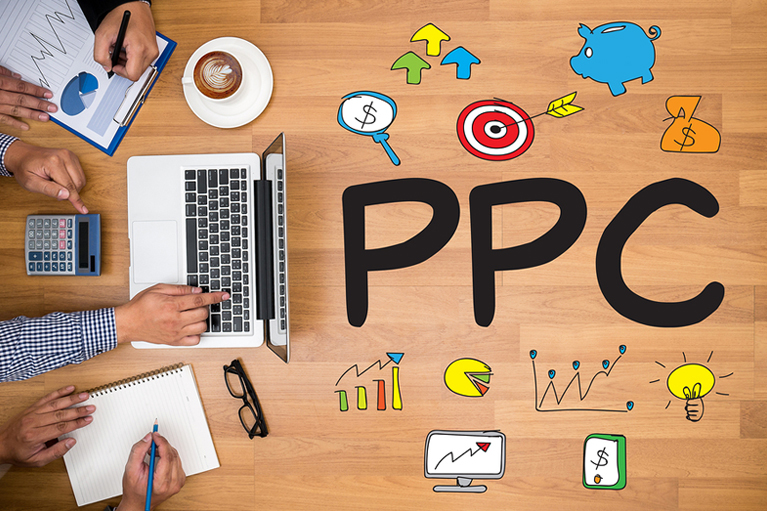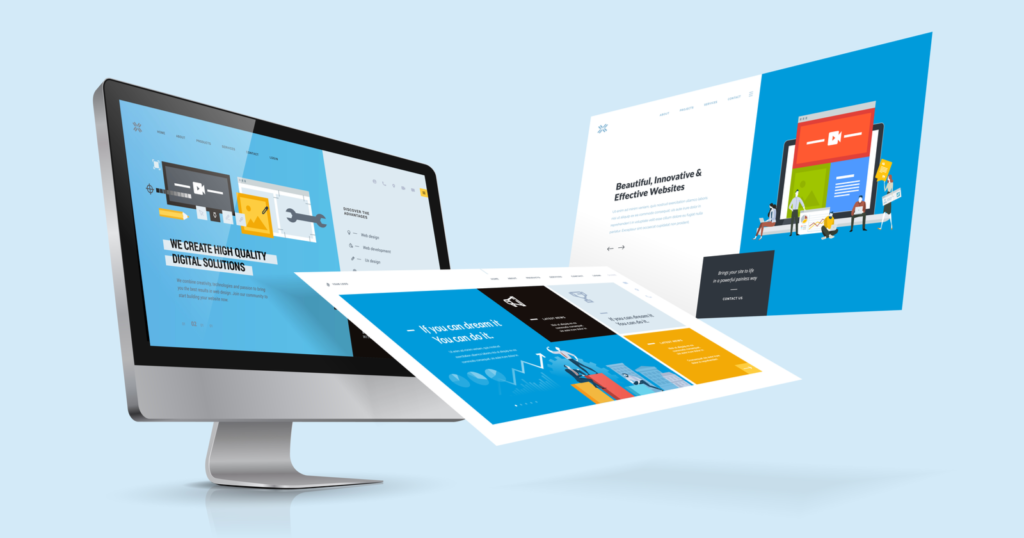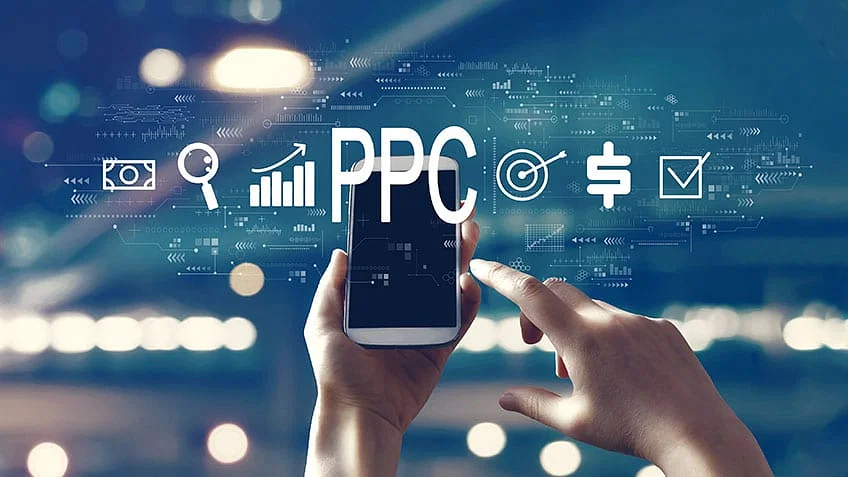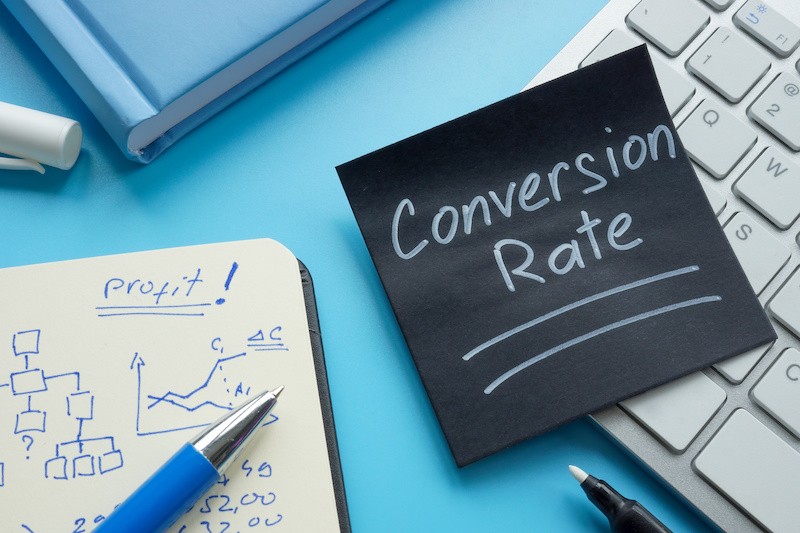
In today’s fast-paced corporate world, efficient transportation is a crucial factor in ensuring the well-being and productivity of employees. Corporate shuttle service have emerged as a game-changer, providing businesses with a convenient and sustainable solution to employee commuting challenges. In this comprehensive guide, we’ll explore the best practices for implementing a successful corporate shuttle service program, emphasizing how it can enhance your organization’s efficiency, employee satisfaction, and overall success.
Assessing Transportation Needs
An additional aspect to consider when assessing transportation needs is the potential for growth and change within your organization. As your workforce evolves and your business expands, so too will your commuting requirements. Anticipating these changes allows you to proactively adjust your shuttle service to meet new demands.
Setting Clear Objectives
When setting objectives for your corporate shuttle program, it’s essential to establish key performance indicators (KPIs) that align with your goals. These KPIs will serve as measurable benchmarks to evaluate the program’s success. Some relevant KPIs include:
- Ridership Numbers: Measure the number of employees using the shuttle service regularly. Monitor this figure over time to assess trends and growth.
- On-Time Performance: Track the percentage of shuttles that adhere to the schedule. This KPI ensures that your service remains reliable and punctual.
- Employee Satisfaction: Regularly survey employees to gauge their satisfaction with the shuttle service. Use their feedback to make improvements.
- Environmental Impact: Monitor the reduction in carbon emissions resulting from employees choosing the shuttle over personal vehicles. Quantify the program’s positive impact on the environment.
- Cost Efficiency: Assess the program’s cost per rider and evaluate it against your budget. Identify opportunities to reduce expenses while maintaining service quality.
Choosing the Right Shuttle Provider
In addition to the factors mentioned earlier, it’s crucial to explore the provider’s scalability. As your organization grows, you’ll want a provider capable of accommodating increased demand without compromising service quality. Discuss their ability to scale up or down as your needs fluctuate.
Designing an Effective Route Network
To optimize route efficiency, consider incorporating advanced route planning software. These tools can provide real-time data on traffic, weather conditions, and passenger loads. They enable dynamic route adjustments to avoid congestion and minimize delays.
Vehicle Selection and Amenities
When selecting shuttle vehicles, prioritize eco-friendly options. Electric or hybrid vehicles not only reduce emissions but also align with sustainability initiatives. Furthermore, explore opportunities to equip shuttles with charging stations to support the transition to electric vehicles.
Scheduling and Timeliness
Continuously monitor and analyze real-time data to fine-tune schedules. Utilize GPS and traffic data to make dynamic adjustments, ensuring that shuttles always follow the most efficient routes and adhere to schedules.
Communication and Employee Engagement
Incorporate gamification elements into your communication strategy. Consider creating friendly competitions among employees, rewarding those who consistently use the team charter bus service or refer new riders. Recognizing and rewarding participation can boost engagement.
Sustainability and Environmental Impact
To promote sustainability, explore partnerships with local environmental organizations. Collaborate on initiatives like tree planting or clean-up events to offset the carbon footprint of your corporate shuttle program. Communicate these efforts to employees to showcase your commitment to environmental stewardship.
Safety and Security Measures
Enhance passenger safety by implementing a panic button or emergency communication system within each shuttle. This feature allows passengers to immediately alert authorities or the shuttle provider in case of emergencies, further ensuring their well-being.
Monitoring and Performance Evaluation
To gain deeper insights into shuttle performance, consider implementing passenger feedback kiosks within the shuttles. Passengers can provide real-time input on various aspects of the service, from cleanliness to temperature control, helping you identify areas for improvement.
Cost Management and Budgeting
In addition to cost-sharing options, explore innovative funding solutions. Investigate the potential for partnerships with local businesses or advertisers who may be interested in advertising on your shuttles. This can generate additional revenue to support the program.
Conclusion
In conclusion, a well-executed corporate shuttle program enhances employee satisfaction, reduces environmental impact, and contributes to your organization’s overall success. By following these best practices, you can ensure that your shuttle service remains efficient, sustainable, and cost-effective.
Remember that adapting to changing needs and technological advancements is essential for the ongoing success of your corporate shuttle program. Continuously gathering feedback, monitoring performance, and exploring new solutions will help you maintain a service that meets the evolving demands of your employees and organization.






